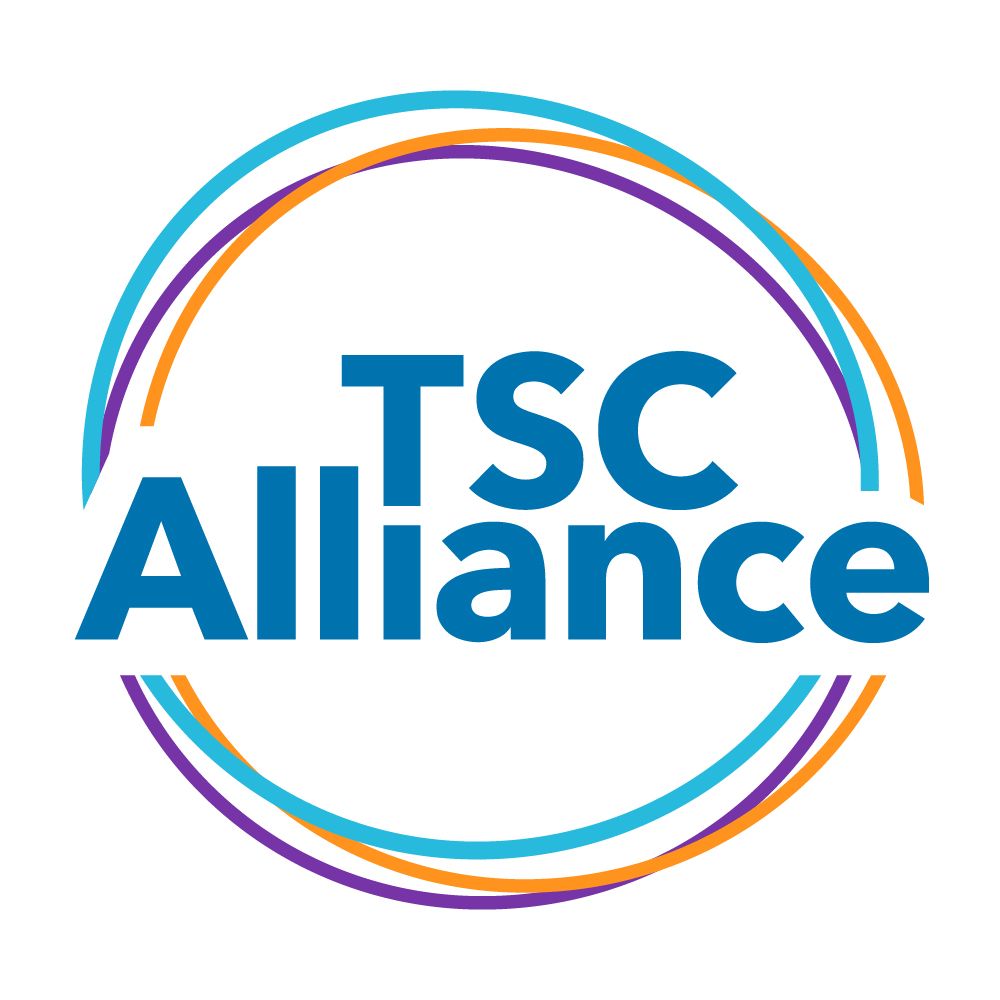
TS Alliance Partners With Seizure Tracker to Promote Data Sharing

The partnership will combine 2 databases with robust historical data in hopes of empowering both research and physician communities and ultimately improving clinical care for patients with tuberous sclerosis complex.
This content is courtesy of the Tuberous Sclerosis Alliance. To view the original post,
The Tuberous Sclerosis Alliance (TS Alliance) and Seizure Tracker™ have announced a partnership to promote data sharing and biosample collection from people with tuberous sclerosis complex (TSC), a rare genetic condition that causes tumors to form in vital organs. TSC is also the leading genetic cause of both epilepsy and autism.
This partnership brings together two databases with robust historical data: the TS
"Combining the TS Alliance's Natural History Database and seizure outcome data from Seizure Tracker has the potential to change the way we think about and treat seizures in people living with tuberous sclerosis complex," says Robert Moss, Co-Founder and President of Seizure Tracker. "As the wealth of patient and clinically collected data grows, we will empower our research and physician community to improve care and ultimately change the course of TSC."
In addition to sharing data, both organizations will work together to highlight the opportunity for individuals with TSC to contribute to the TS Alliance's Biosample Repository, which stores samples of blood, DNA, and tissues scientists can use in their research. Further, the Waxlax
"This partnership enables researchers to access data not previously accessible through the Natural History Database, including type and frequency of seizures and use of rescue medications," explains Kari Luther Rosbeck, President and CEO of the TS Alliance. "Connecting these data directly incorporates the voices of people affected by TSC into research, continuing our culture of collaboration at the TS Alliance."
About Seizure Tracker
Founded in 2007 by parents of a child suffering from daily seizures, Seizure Tracker provides a collection of web, mobile and voice interaction tools for people living with seizures to collect epilepsy related information and easily share that data with their doctors. Reports generated on the Seizure Tracker system provide extensive data visualizations comparing therapies against seizure activity changes while highlighting trends. With a strong connection to the epilepsy patient, physician and research communities, Seizure Tracker has grown into the largest collection of seizure and related therapy data in the world, opening new doors to data driven research and effectively changing the way we think about managing seizures. For more information about the Seizure Tracker system visit SeizureTracker.com or email [email protected].
Newsletter
Keep your finger on the pulse of neurology—subscribe to NeurologyLive for expert interviews, new data, and breakthrough treatment updates.










